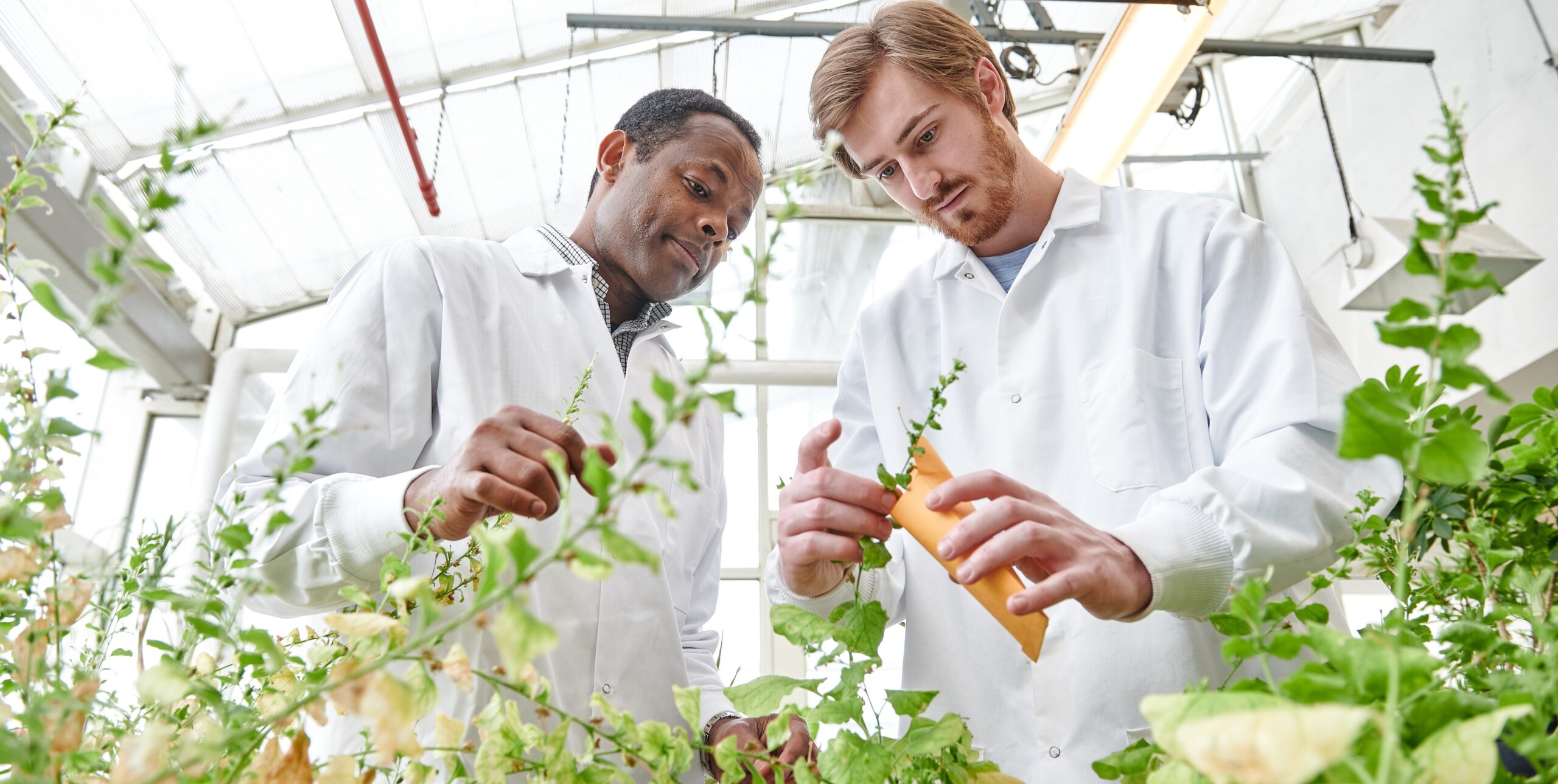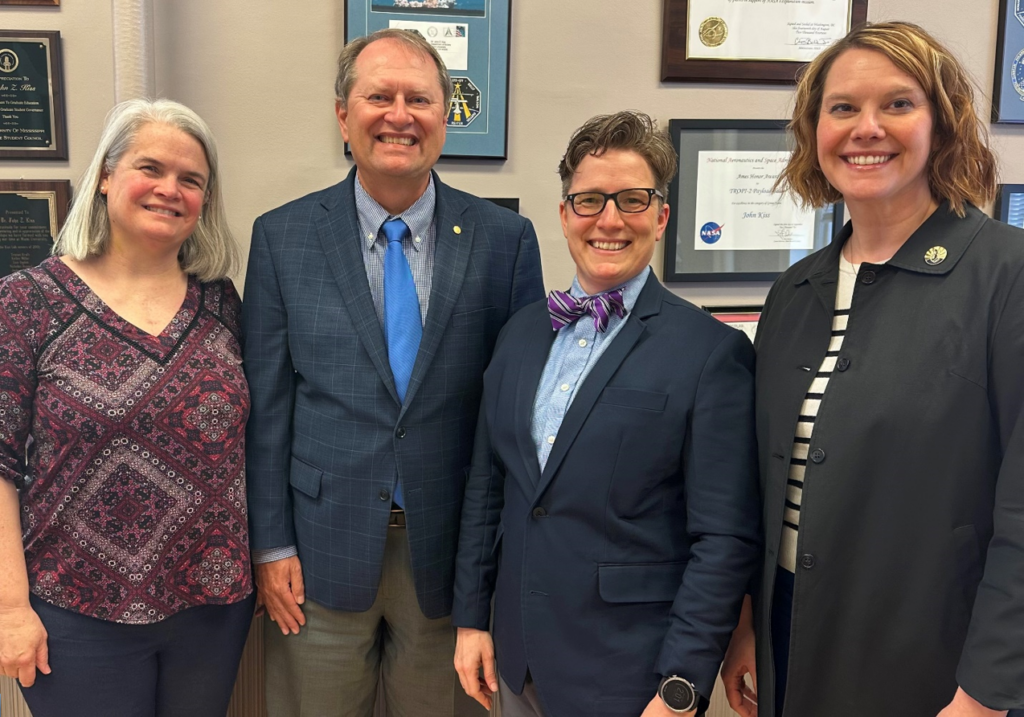Dr. Ayalew Osena, an Assistant Professor in the Department of Biology, recently received 2 new grant awards. The National Science Foundation (NSF) awarded Osena a four-year, $818,000 grant for the project “Boosting Agrobacterium-mediated transformation efficiency in the orphan crop tef (Eragrostis tef) for trait improvement.” This project involves research at UNCG as well as training plant scientists in Ethiopia to apply the research techniques and findings. Osena also received a one-year, $30,000 award from NC A&T State University for the project, “Enabling Farm Resilience Using Indigenous and Niche Vegetables: Production and Plant Health, Bioactive Compounds, Food Transformation and Profitability.” This second award is made with funding from the US Department of Agriculture.
Learn more about the work of the Osena Research Group here.
The full abstract of the NSF award can be viewed online here and below.
Plant genetic transformation plays a key role in understanding the genetic basis of complex traits. Transformation methods have been developed for model plants and some major crops such as rice and corn, which are usually poor in essential nutrients. In contrast, genetic transformation for underutilized or orphan crops such as tef (Eragrostis tef), which are gluten-free and rich in nutrients (minerals, vitamins, amino acids) and beneficial phytochemicals, is at a very infant stage due to limited genome information and lack of attention from scientists and funding agencies. This has tremendously delayed trait improvement in such crops. Therefore, there is a need to develop an efficient transformation method for tef genotypes varying in desirable traits including seed size and color, mineral content, iron bioavailability, and days to maturity. Moreover, transformation method has not been developed for the Indian lovegrass (E. pilosa), which is a wild progenitor of E. tef, and has several desirable traits including adaptation to wider environmental conditions, early maturity, and lodging tolerance, and is a potential source of traits for tef improvement. The major goal of this project is to develop transformation tools for diverse genotypes of E. tef and E. pilosa. This project will also offer training opportunities for University of North Carolina?Greensboro minority students, a postdoctoral researcher, and a visiting scientist from Ethiopia where tef is the most important staple crop. Furthermore, this project will support a tef genetic transformation workshop to be organized at the Ethiopian Institute of Agricultural Research.
Recently, the use of maize embryogenic regulator genes Baby boom (Bbm) and wushel (Wus2) has shown great promise for Agrobacterium-mediated transformation of recalcitrant monocots including tef. Differences in transformation efficiency have also been observed between some tef varieties. However, the methods remain to be optimized. The specific objectives are: 1) to develop an efficient genetic transformation technique for tef, and 2) to develop transformation method for E. pilosa. Several Agrobacterium strains recently developed for recalcitrant monocots such as the thymine auxotrophic strains and engineered virulent strains, different tef genotypes varying in desirable traits and target tissues (leaf sheath and embryogenic calli), and varying tissue culture conditions will be tested to develop an efficient transformation method for tef and its wild relative Indian love grass. Resources generated from this project will be freely shared with the scientific community in the form of publications, protocols, workshops, presentations and websites.






